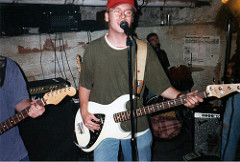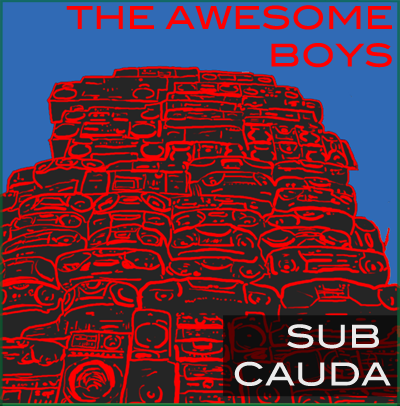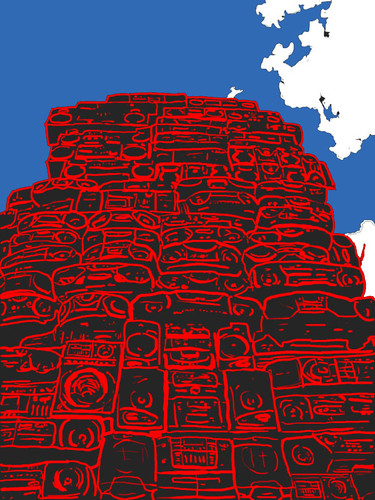Wherein I rail against a specific podcast in order to make some bigger points about music, criticism, gatekeeping, and cultural bullying.
- A TALE OF TWO PODCASTS
I am an enthusiastic person. I get excited about cultural objects (books, musicians, painters, movies, you name it) and then go on recommendation sprees. If you are even casually acquainted with me, I have probably breathlessly tried to convince you to watch or read something at some point (if I breathlessly recommended Norman Mailer’s The Castle in the Forest to you, I am sorry; it started out a lot better than it ended).
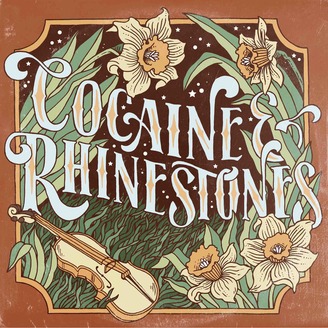 In late 2017, I went on a recommendation spree for Tyler Mahan Coe’s podcast about the history of country music, Cocaine and Rhinestones. It had sprung up out of nowhere as this fully-formed, beautiful thing. At the moment I became aware of the show, the most current episode was a close read of Merle Haggard’s “Okie from Muskogee” wherein Coe went deep on both the lyrical content and Haggard’s wider biography and public statements to determine just how literally the song was intended to be taken (a subject near and dear to me, since the a fight over the sincerity level of Hag’s culture-war songs once nearly broke up a band I was in). I love (older) country music and well-researched cultural history; the whole thing could have been cooked up in a lab by scientists working from extensive notes on how to craft the most enticing possible podcast for me.
In late 2017, I went on a recommendation spree for Tyler Mahan Coe’s podcast about the history of country music, Cocaine and Rhinestones. It had sprung up out of nowhere as this fully-formed, beautiful thing. At the moment I became aware of the show, the most current episode was a close read of Merle Haggard’s “Okie from Muskogee” wherein Coe went deep on both the lyrical content and Haggard’s wider biography and public statements to determine just how literally the song was intended to be taken (a subject near and dear to me, since the a fight over the sincerity level of Hag’s culture-war songs once nearly broke up a band I was in). I love (older) country music and well-researched cultural history; the whole thing could have been cooked up in a lab by scientists working from extensive notes on how to craft the most enticing possible podcast for me.
There are several specific things about Coe’s approach to Cocaine and Rhinestones that I admire and enjoy. One of them is his methodology; every episode features direct engagement with primary sources (the music itself, public statements by the artists and their families, police records, and so on), along with an admirably up-front assessment of the reliability of given sources (not all of Charlie Louvin’s stories hang together).
More than that, though, the show is built around a fantastic generosity of spirit. When the country music industry has been shitty to people on gender or ethnic lines, Coe calls the industry out. When a received story about a person has unfairly gained currency, Coe pushes back- for instance, his careful arguments against the idea that Buck Owens habitually screwed people over in business dealings, or that Wynnona Judd was a talentless puppet of producers. The podcast succeeds because, over and over, Coe meets artists where they are, taking their work in the spirit it was offered up. One of the defining features of country music is gatekeeping over the issue of authenticity, which Coe dynamites as a bullshit excuse to marginalize artists for no real reason. The very agreeable impression one gets from the show is of a very knowledgeable, passionate guy who loves music with an open mind and wants to tell you about it; when Coe announced a Patreon program to support the show because he wanted to make it his life’s work, it was a pretty easy sell. What music lover wouldn’t want to support this work?
I want to make this plain: in light of everything I’m about to say, I remain an all-in fan of Cocaine and Rhinestones. But it turns out that Coe has another podcast. The other one is a joint project with a guy named Mark Mosley; the show is called Your Favorite Band Sucks. The format is pretty much what you’d expect: each episode, the two of them pick a band and rail for 45 minutes or so about how and why the band sucks. Episode one was the Beatles. Episode two was the Rolling Stones. At this writing, they’ve just dropped one attacking the Beastie Boys. Previous targets have included U2, the Police, Sublime, Nirvana, Steely Dan, and Radiohead.
Continue reading YOUR FAVORITE BAND IS PROBABLY JUST FINE →
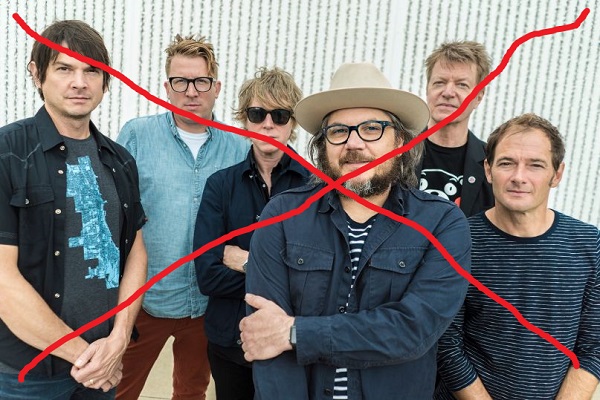
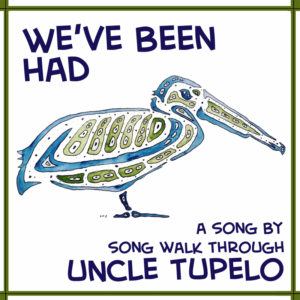
 In late 2017, I went on a recommendation spree for Tyler Mahan Coe’s podcast about the history of country music,
In late 2017, I went on a recommendation spree for Tyler Mahan Coe’s podcast about the history of country music,  This was originally written as a paper for an art history class in curation.
This was originally written as a paper for an art history class in curation.